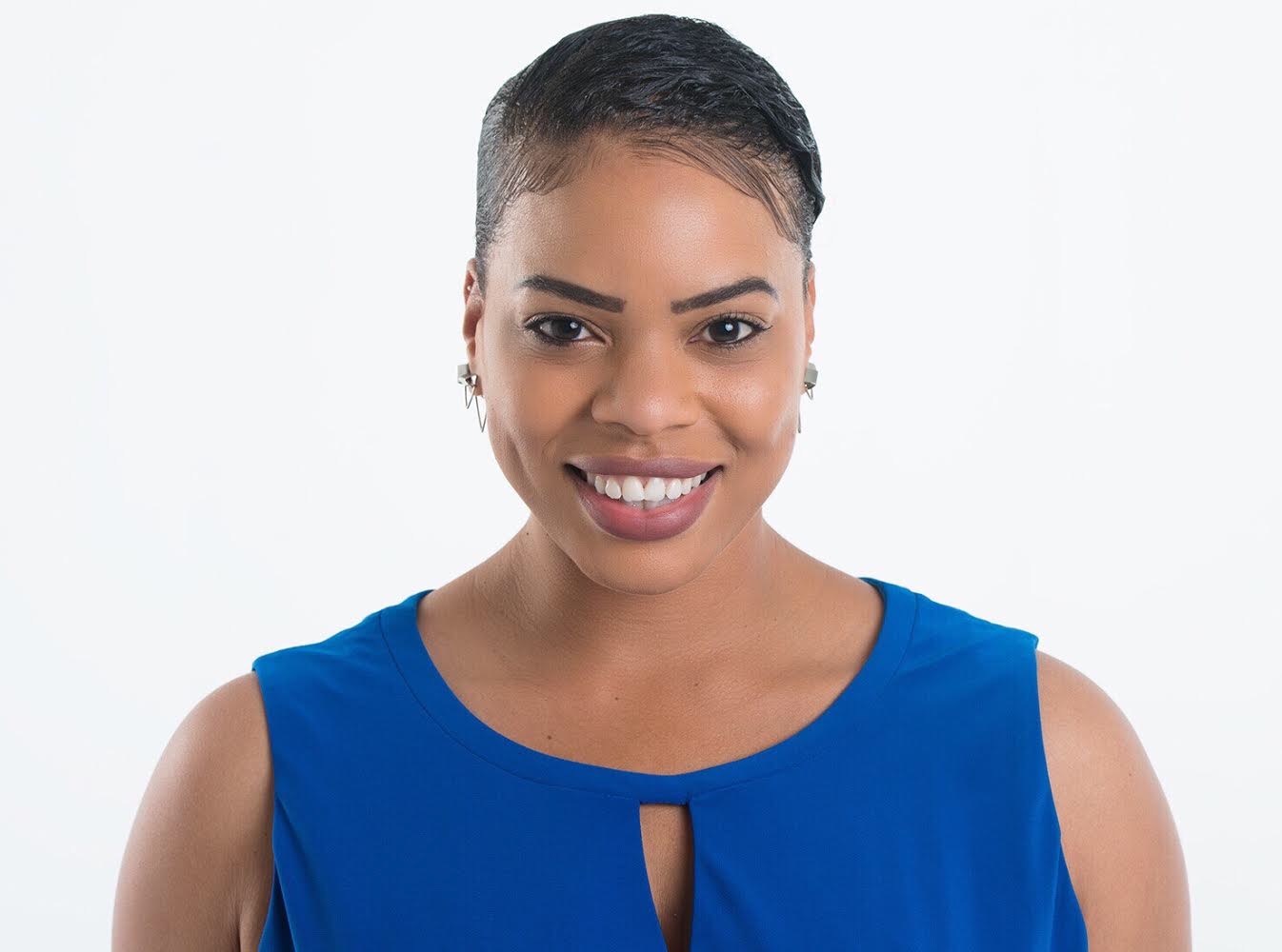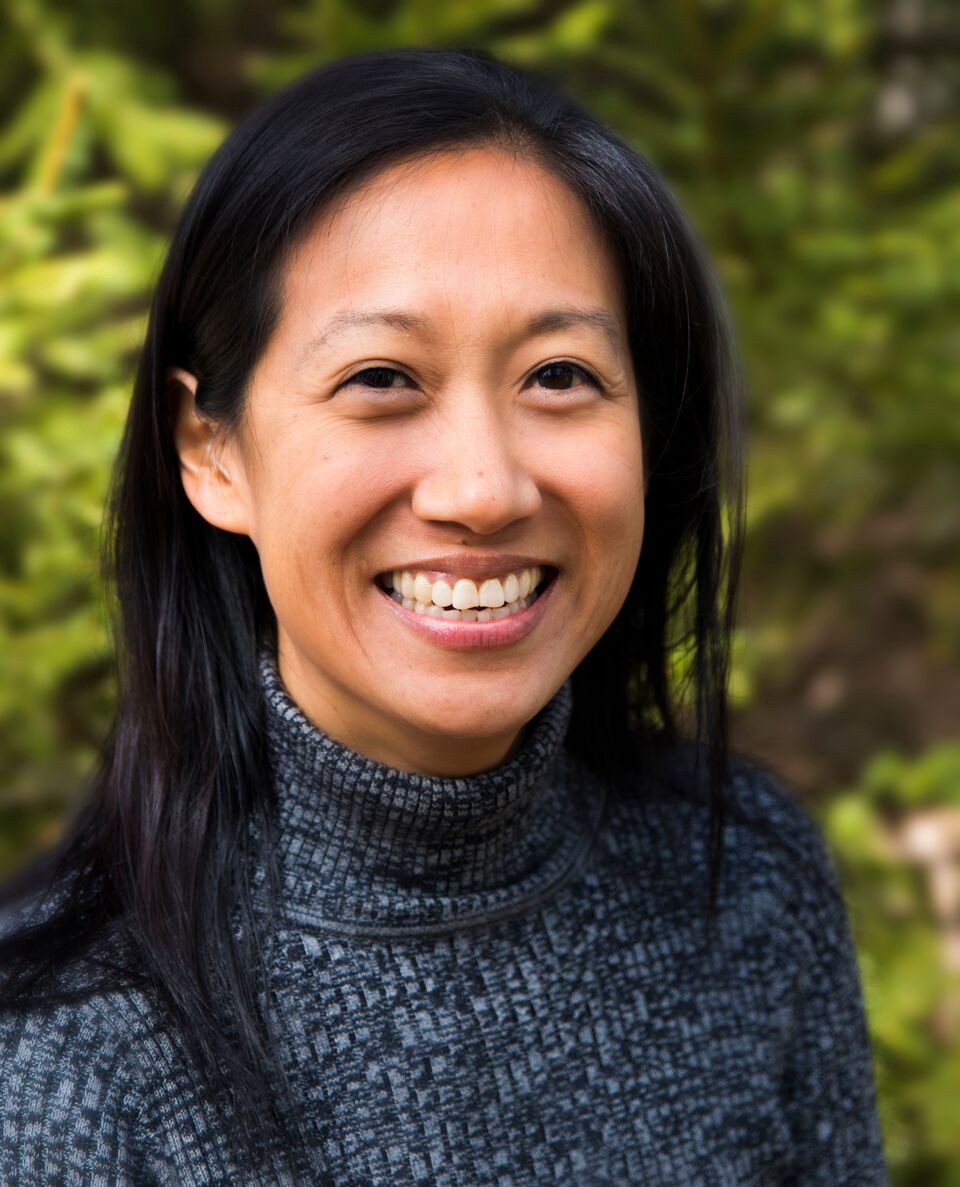Divinc has announced the nominees for the third annual Champions of Change awards ceremony. Divinc is an organization whose goal is to conceptualize and provide inclusive spaces for entrepreneurs. Every year since 2018 they’ve recognized the true heroes of the Diversity, Equity and Inclusivity (DEI) space in Austin.
Here are Meme Styles and Emlyn Lee, Nonprofit Leader of the year and Executive of the Year, respectively.
Meme Styles
Founder and President of MEASURE

In 2015, Meme Styles founded MEASURE to promote the use of evidence-based projects and tools to tell real-life stories behind the numbers. MEASURE is a catalyst for systems change. It has grown to a fully operational nonprofit social enterprise that provides free data support to Black and brown-led organizations. Meanwhile charging white-led organizations the full rate of MEASURE’s services to contribute to this anti-racist revenue model. MEASURE’s focus is strengthening the pillars of their work and expanding their impact in the community and beyond. So far the organization has provided over 1300 free data support hours to Black and brown-led organizations.
Nominee Q&A
What do you think were some of the most successful aspects of DEI for businesses in Austin in 2020?
The conversation about shifting power and anti-racism in the philanthropic space. Organizations like Impact Austin, The Austin Women’s Fund and St. David’s Foundation are lifting a heavy bar that leaves Black and brown-led organizations struggling to get funding to do their work.
Were there any unexpected negative impacts using the DEI business model?
Following the death of George Floyd, Google search results for the phrase “racial equity” skyrocketed across the world. Corporate America got involved in Austin, donating a lot of money to social justice organizations. Several big businesses reached out to unlearn racism to increase their efforts of DEI. My concern is that we saw this dramatic shift as a result of the horrific killing of a Black man. Subsequently more trauma to people of color. It reinforced the truth that we must change the systems that trigger the need to begin a DEI program in their organizations. It must be embedded into the fabric of the organization from the start.
Do you think the DEI model for businesses is something to continue in the future? Or should businesses consider a different model for ensuring true equity and inclusivity?
DEI should be as normal as obtaining one’s computer or key card at every organization. The true measure of a good DEI program is it’s capacity to center anti-racism. We must not allow DEI to become a catchphrase or simply a mandatory yearly training. We have to push the principles and core values of an anti-racist culture to take precedence in every institution and organization.
Who are/were some unsung womxn role models of DEI in Austin?
Joyce James, Wendy Hill, Mindy Gulati and Fatima Mann
Emlyn Lee
Founder & Community Collaborator at BRAVE Communities

Emlyn Lee has been working in the social entrepreneur, tourism and education sectors for over 22 years. She has traveled to over 90 countries on six continents. She currently helps to design, coordinate and facilitate youth leadership, civic engagement and social innovation programs with nonprofits, organizations and the U.S. Department of State. She recently launched BRAVE Communities. The nonprofit’s purpose is to unite students, businesses, nonprofits and community groups to Build Relationships, Awareness, Voices and Engagement (BRAVE). BRAVE also be advocates for social and racial justice, social change and social responsibility in Austin.
Nominee Q&A
What do you think were some of the most successful aspects of DEI for businesses in Austin in 2020? Were there any unexpected negative impacts using the DEI business model?
Wake-up Call
It’s 2021, regrettably, 54 years after the Civil Rights Act was signed, businesses still need to be intentional in having a diversity, equity and inclusion (DEI) business model. To answer your question of some of the most “successful aspects” of DEI for businesses in Austin. Well, I think 2020 was a wake-up call or resuscitation for many businesses to focus on or revisit their DEI efforts. There was a surge of companies declaring their commitment to DEI efforts, hiring DEI employees or consultants and creating DEI committees and task force teams in 2020.
All of that is a positive win for businesses that truly want to bring change to their organizations and communities. 2020 really pulled the curtains back to reveal structural racism. How broken and poorly designed our systems are with healthcare, criminal justice, housing, education, jobs and the economy. I believe there was a racial reckoning that happened last year. Hopefully more people took the time to reflect on and unpack implicit biases, as well as normalized racism and discrimination.
Seeing and experiencing the support and unity of the greater Austin communities coming and working together as a result of COVID-19 and/or the Black Lives Matter movement. It reminds me of the positive impact individuals, organizations and communities are capable of when we unify. Can you imagine how much progress we could make if more organizations and businesses took the time to prioritize diversity, equity and inclusion? Had compassion and empathy for their customers, employers and community all the time, not just in a state of emergency? Now that is a successful win.
Diversity, Equity and Inclusivity Is Trending
Sadly, I think many organizations are using DEI efforts as a trend. Some are not investing the time, money and effort it takes and are simply checking it off their ethics task list. It may feel like the immediate “fix-it” solutions are enough. However, we need steps to address organizational policies, systems and company culture to really move forward. Furthermore, for change to come, businesses and organizations will have to authentically commit time, treasures, energy and room for discomfort to create a new place where diversity, equity and inclusion is welcome. Let’s be B.R.A.V.E.!
Do you think the DEI model for businesses is something to continue in the future? Or should businesses consider a different model for ensuring true equity and inclusivity?
In my dream world, we wouldn’t need to have DEI models. Imagine a society where equity, inclusion and justice prevailed. In this future, we wouldn’t need DEI trainers, divisions or subcommittees! Unfortunately, I don’t think I’ll experience it here on earth during my lifetime. But it doesn’t mean that I’ll stop trying to experience a sliver of heaven, here and now, and working to help the future generations. I think it’s the responsibility of each individual, especially those that have more power and privilege, to influence others. (Business owners, managers and/or community leaders.) To listen, unlearn, reeducate, co-conspire and be brave.
Change takes time. Energy. It takes resources. Change takes discomfort. But change matters if we want our future generation to have a better life. In the wise words of Reverend Dr. Martin Luther King, Jr., “If you can’t fly then run, if you can’t run then walk, if you can’t walk then crawl. But whatever you do you have to keep moving forward.” Onwards!
Who are/were some unsung womxn role models of DEI in Austin?
Wow, there are so many unsung womxn role models of DEI in Austin that I look up to. A few that instantly pop into my mind are Tiffanie Harrison, Sara Freund, Bianca Neal, Liz Garcia, CJ Zhao, Margaret Chen, Linda Chan, Pooja Seethi, Lourdes Rodriguez, Salwa Yordi, Pamela Bryant and Nina Wilson.


